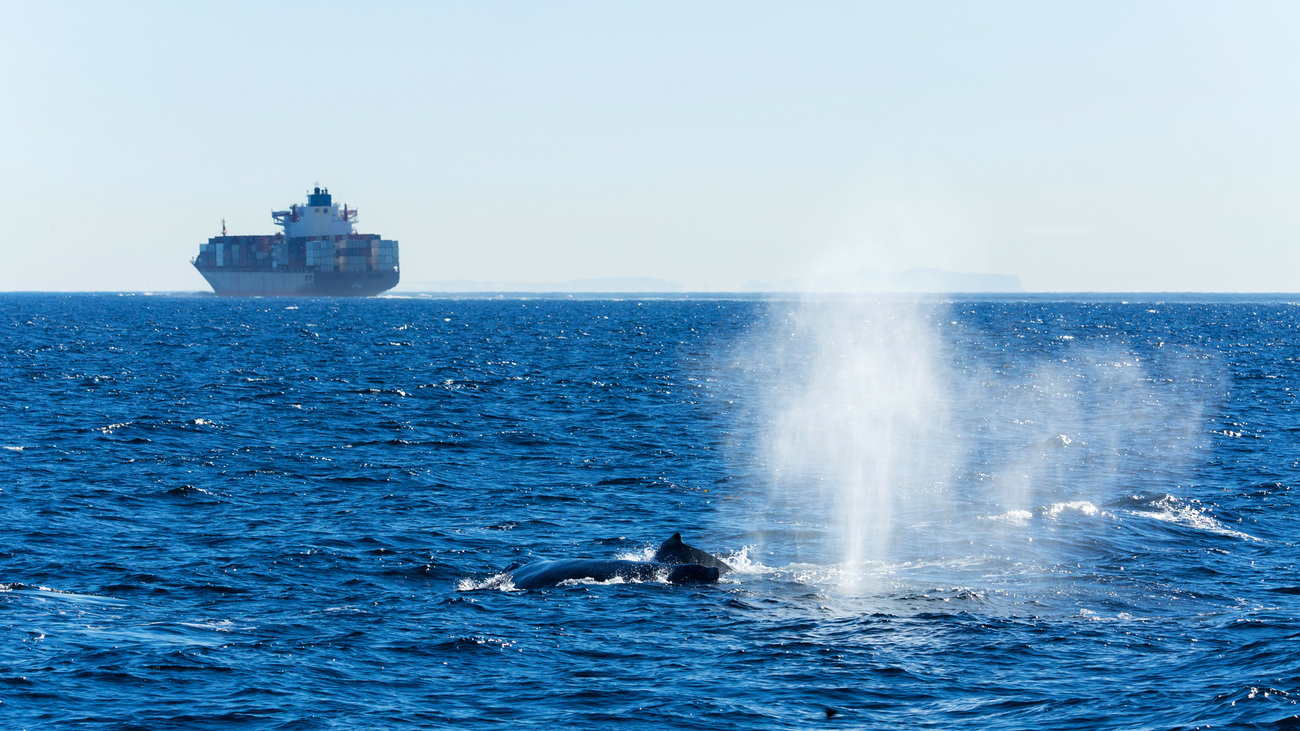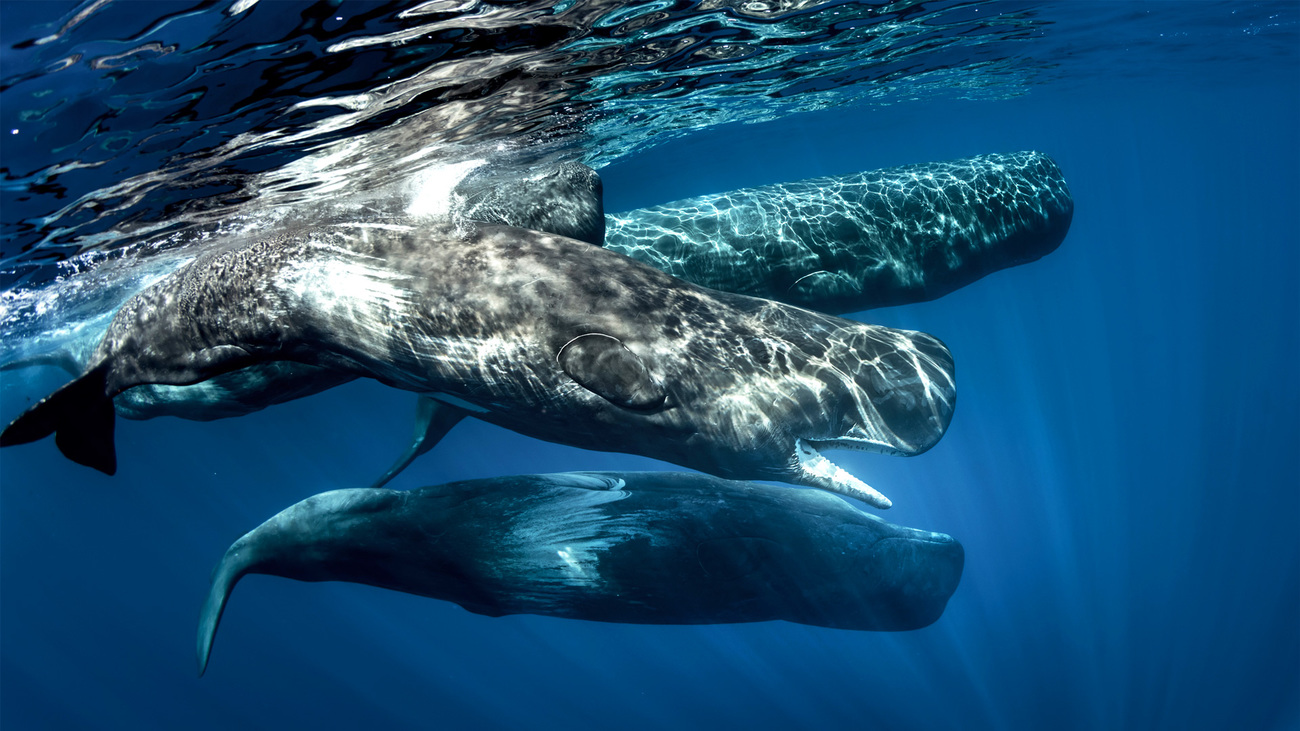Aurore Morin
Europe is making the ocean quieter for marine life
Europe is making the ocean quieter for marine life

In early March, the European Commission set its first-ever mandatory cap on underwater noise from human activities at sea. All 27 European Member States are now required to use ocean noise thresholds in their national legislation. This marks a big step forward in protecting marine life and a crowning achievement for IFAW campaigners who have been calling for better regulation for years.
Underwater noise pollution is mainly produced by commercial shipping and the offshore oil and gas industry. It has wide-ranging negative effects on marine animals, such as dolphins and whales, which depend on being able to hear sounds and be heard by other animals in the ocean for their communication and navigation.
Mandatory thresholds
Ten years ago, a technical group of underwater noise experts, including IFAW’s whale scientist Russell Leaper, was tasked by the European Union to produce noise limits to be included in the EU Marine Strategy Framework Directive (MSFD). The MSFD sets out several EU-wide guidelines and actions to ensure that our seas remain healthy, clean, and full of life. Member States are expected to adapt their own legislation accordingly. The group of experts agreed in November 2022 on thresholds for both continuous and impulsive noise that should not be exceeded in order to avoid excessive impacts on marine life:
- Continuous noise: No more than 20% of a marine area can be exposed to continuous underwater noise over one year.
- Impulsive noise: No more than 20% of a marine habitat can be exposed to impulsive noise over one day, and no more than 10% over one year.
Initially shared as a recommendation to the EU Member States, the Commission has now made these noise thresholds mandatory, which means Member States are required to include them in their national legislation.

How to turn the volume down
EU Member States are now forced to implement these thresholds into their national legislation, but there’s one problem: the Commission hasn’t told them exactly how to do it. This is why IFAW believes that an additional step is necessary—given that the MSFD will soon enter a revision process, we hope that the revised text of the directive will include concrete and effective operational measures that will enable European Member States to apply these noise thresholds.
One of those measures could be the reduction of ship speeds. IFAW’s campaign for ship speed reduction, Blue Speeds, calls for speed ceiling set at 75% of the ship’s maximum design speed, equivalent to a speed reduction range of 5 to 10% depending on the type of ship. This is the most viable and easily achievable practice the shipping industry can implement to respect the adopted thresholds. A recent study found Blue Speeds for vessels in EU waters could reduce noise pollution by 25% and the risk of ships colliding with whales by 23%; it could also lower fuel consumption, CO2 emissions, and air pollution from shipping by about 8% each.
It is now up to the European Commission to provide clear guidance to Member States as to how to reduce underwater noise. Please sign our petition to call on the EU to adopt this practical solution to reduce noise pollution and respect the new thresholds.
Underwater noise threatens animals
Like on land, animals underwater face enormous challenges caused by human activities. Besides pollution, overfishing, and climate change, underwater noise has a huge impact on marine life.
Cetaceans, for example, rely heavily on their hearing to find food, communicate with each other, and navigate. Human noise pollution disturbs and displaces them from their habitats, causing them to panic. This has serious consequences—they may stop foraging for food or lose contact with their peers. The distance over which blue whales can communicate with one another, which used to be 1,600 kilometres, has now been reduced to just 160 kilometres due to ocean noise.
Limited navigation due to ocean noise also leads to frequent collisions with ships. Hundreds of whales die every year due to vessel strikes at sea.
IFAW fights for a healthier ocean
IFAW is committed to making the ocean healthier ocean. Our work includes rescuing stranded marine mammals, combating fisheries bycatch, and protecting crucial marine habitats. We inform and engage people around the world about our mission to conserve the oceans and campaign to promote policy changes that protect marine life. Our goal is to make a positive impact on the welfare of marine mammals and the overall health of the ocean.
Related content
Our work can’t get done without you. Please give what you can to help animals thrive.